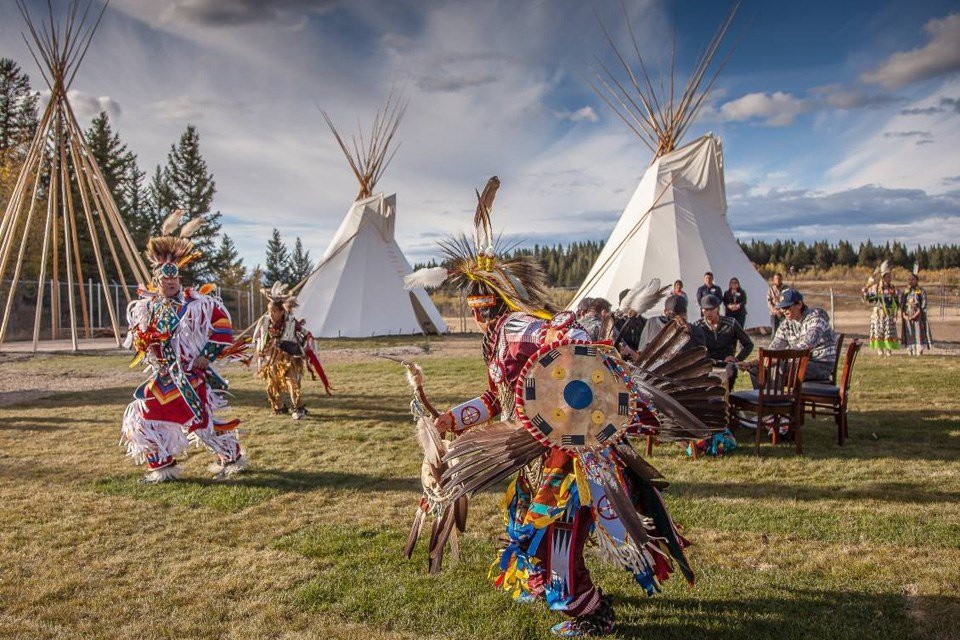Indigenous cultures around the world encompass a wealth of traditions, customs, and spiritual practices that reflect deep connections to the land, nature, and community. From the Americas to Australia, Africa to Asia, indigenous peoples preserve unique identities, languages, arts, and traditions that contribute to the richness of global cultural diversity. Join us as we delve into the world of indigenous cultures and traditions, celebrating their heritage, resilience, and contributions to humanity.
1. Understanding Indigenous Cultures
1. Cultural Diversity and Identity
Explore the diversity of indigenous cultures, including their distinct languages, traditions, clothing, music, storytelling, and oral histories that pass down ancestral knowledge through generations.
2. Connection to Land and Nature
Understand the profound relationship indigenous peoples have with their ancestral lands, ecosystems, natural resources, and traditional ecological knowledge for sustainable living practices.
2. Spiritual Practices and Beliefs

1. Sacred Ceremonies and Rituals
Learn about sacred ceremonies, rituals, and spiritual practices that honor ancestors, spirits, deities, and the interconnectedness of all living beings within indigenous cosmologies.
2. Traditional Medicine and Healing
Explore traditional medicine practices, herbal remedies, and healing ceremonies that integrate physical, emotional, and spiritual well-being, guided by indigenous healers and medicine people.
3. Indigenous Arts and Crafts
1. Artistic Expressions
Discover indigenous arts and crafts, including pottery, weaving, beadwork, carving, painting, and textiles, which reflect cultural identities, stories, and symbols passed down through artistry.
2. Cultural Preservation through Art
Understand the role of art in preserving indigenous cultural heritage, promoting cultural revival, and empowering indigenous artisans to showcase their skills and creativity.
4. Challenges and Cultural Preservation Efforts
1. Threats to Cultural Heritage
Address challenges facing indigenous communities, including cultural appropriation, land rights issues, environmental degradation, and efforts to preserve and revitalize endangered languages.
2. Cultural Revitalization Movements
Highlight initiatives and movements led by indigenous leaders, activists, and communities to reclaim cultural practices, revitalize languages, and promote indigenous rights and sovereignty.
5. Embracing Indigenous Knowledge and Collaboration
1. Collaboration and Respect
Encourage collaboration, mutual respect, and partnerships between indigenous peoples, governments, organizations, and the broader society to support indigenous rights, cultural preservation, and sustainable development.
2. Learning from Indigenous Wisdom
Celebrate the wisdom, resilience, and contributions of indigenous cultures to global sustainability, environmental stewardship, social justice, and holistic approaches to living in harmony with nature.
Conclusion
Indigenous cultures and traditions offer profound insights into humanity’s diverse heritage, wisdom, and resilience rooted in deep connections to the land, spirituality, and community. By honoring and preserving indigenous knowledge, arts, languages, and traditions, we enrich our understanding of cultural diversity, promote social justice, and support efforts to build inclusive societies that respect and value indigenous rights and contributions. Embrace the journey of learning about indigenous cultures, advocate for their recognition and preservation, and celebrate the enduring legacy of indigenous peoples around the world.

